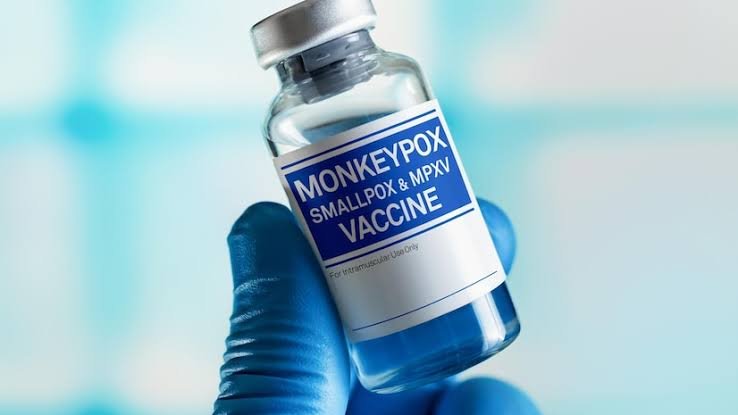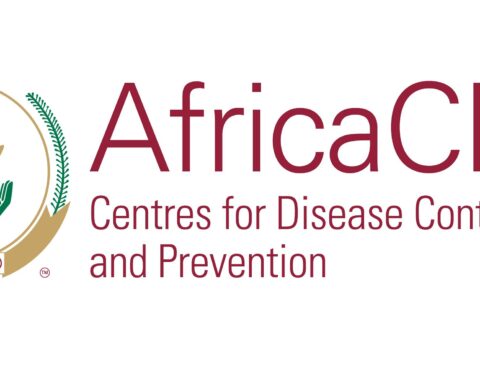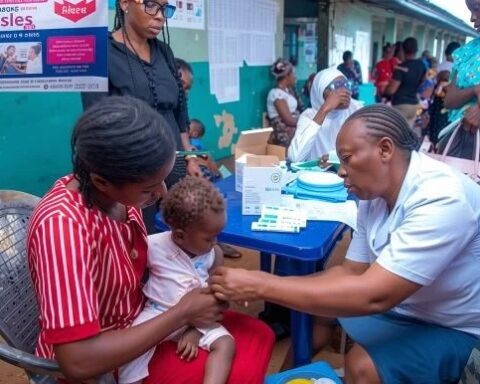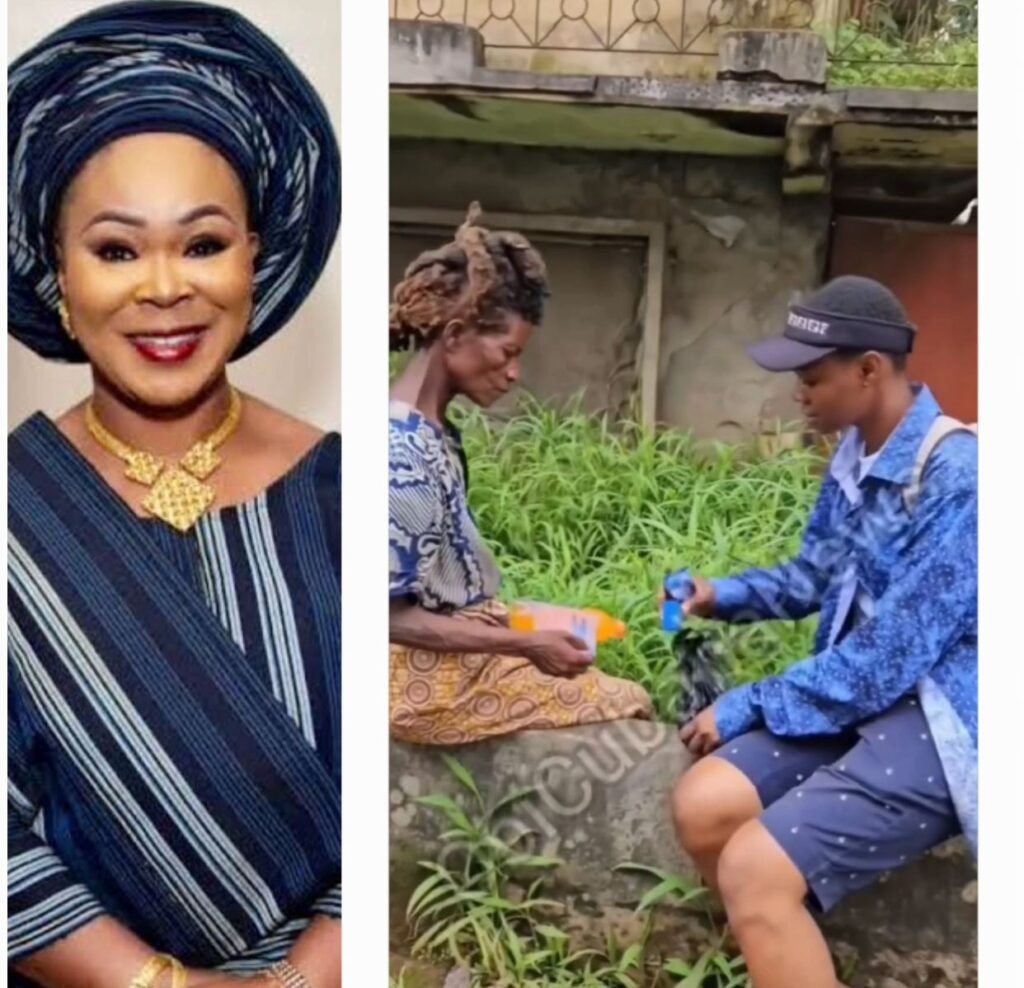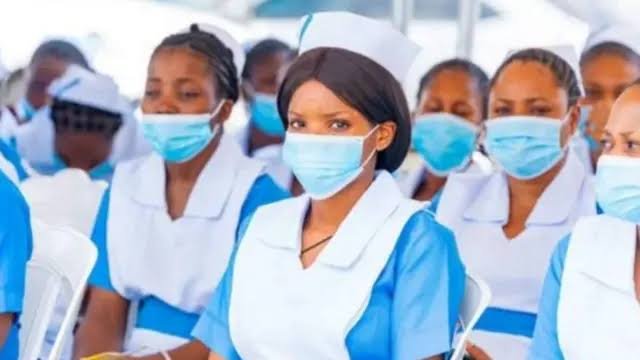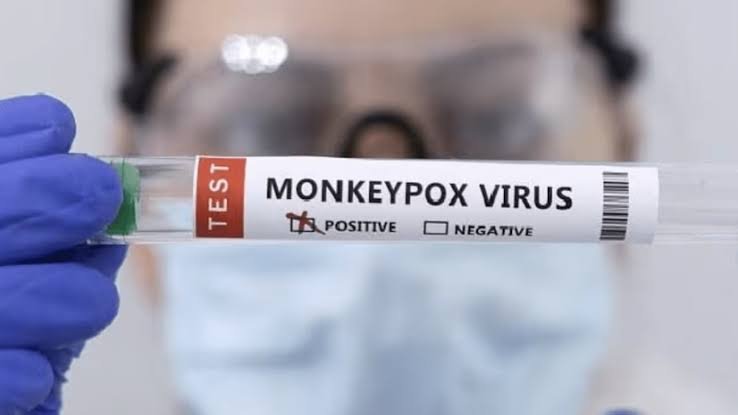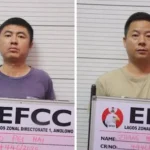Nigeria has received a significant boost in its fight against Mpox with the arrival of 10,000 JYNNEOS® vaccines donated by the U.S.
The donation, aimed at curbing the spread of the viral disease Mpox, marks a critical step forward in Nigeria’s ongoing public health response, particularly in high-risk regions.
Speaking during the donation in Abuja, the U.S. Ambassador to Nigeria, Richard Mills, said the JYNNEOS® vaccine, specifically approved for Mpox prevention, would be distributed nationwide, prioritising areas with the highest reported cases.
The News Agency of Nigeria (NAN) reports that Mpox, previously known as Monkeypox, has posed an ongoing challenge in Nigeria, with sporadic cases historically managed, but the current outbreak has heightened the urgency of response efforts.
Mpox, caused by the monkeypox virus, is a zoonotic illness, meaning it can be transmitted from animals to humans and spread between humans through close contact.
Mills stated that the timely donation coincided with global health organisations, including WHO and NCDC, who are intensifying efforts to contain outbreaks and prevent further disease spread.
“This generous donation of JYNNEOS Mpox vaccines is a testament to the strong partnership between Nigeria and the United States in advancing public health.
“These vaccines will play a crucial role in protecting our population, particularly in high-risk areas where Mpox has posed a serious health threat,” he said.
Mills highlighted the importance of the donation amid increasing global Mpox cases, prompting heightened surveillance and urgent public health interventions worldwide.
He emphasised that the donation was part of a broader effort to support global health security, particularly in nations grappling with rising infectious disease cases.
“The United States remains committed to working with Nigeria to ensure Mpox is effectively controlled, preventing further outbreaks and safeguarding the population’s health,” he stated.
According to him, the Nigerian government, in collaboration with international partners, continues to implement proactive measures to prevent Mpox’s spread, including public awareness campaigns, healthcare training, and isolation centers.
Dr Walter Kazadi Mulombo, WHO Country Representative to Nigeria, stressed the importance of a comprehensive approach to managing health risks, ensuring treatment access, diagnosis, and post-vaccine care for affected populations.
Mulombo noted ongoing efforts while acknowledging the continuous need for improvement, urging stakeholders to remain committed to vital health measures to combat Mpox effectively.
“We must ensure that people at risk have access to treatment, diagnosis, and post-vaccine care, while also addressing gaps in our current health strategies,” he stated.
He expressed gratitude to the U.S. Government for its support, praising Nigeria’s leadership in advancing these health initiatives and setting an example for other African nations.
Ms Christian Munduate, UNICEF Representative in Nigeria, commended the U.S. government for its unwavering support in providing vaccines, particularly in Nigeria’s fight against Mpox.
“To witness the solidarity and support from the U.S. Government, especially through these vaccines, is truly remarkable and deeply appreciated by the people of Nigeria,” she remarked.
She highlighted the critical role of primary health care in responding to outbreaks, emphasising the importance of strengthening healthcare systems at local levels to protect vulnerable populations.
“It’s vital that we work closely with primary health care entities to ensure rapid and effective responses, particularly in reaching the most vulnerable populations,” she emphasised.
She stressed the urgency of timely interventions, noting that quick action was crucial to reaching those most at risk and protecting frontline workers during the outbreak.
“These vaccines aim to protect those on the front lines, ensuring they are adequately shielded from the virus as they work to save lives,” she added.
In his welcome address, Prof. Ali Mohammed Pate, Coordinating Minister of Health and Social Welfare, expressed deep gratitude for the global community’s unwavering support.
He emphasised the challenges and opportunities ahead.
“I would like to welcome our international partners and thank them for their relentless support in addressing Nigeria’s public health challenges through their generous contributions,” he remarked.
Pate, represented by Ms Daju Kachollom, Permanent Secretary of the Ministry of Health, praised the contributions of development partners, including USAID, WHO, and UNICEF, for their critical role in addressing health concerns.
“I want to extend our sincere thanks to our development partners; their support is vital in ensuring healthcare needs are met without compromise,” he stated.
The minister underscored the ongoing collaborative efforts to transform Nigeria’s health sector, highlighting the collective work of partners and stakeholders in achieving sustainable health outcomes.
“Together, we are transforming Nigeria’s health sector, ensuring that every citizen’s health needs are met effectively, regardless of their location or circumstances,” he said.
Also, Dr Muyi Aina, Executive Director of NPHCDA, said during the vaccine reception that the vaccines would be administered to healthcare workers, front-line responders, and vulnerable populations at highest risk.
Aina emphasised that states with the highest Mpox burden would be prioritised, ensuring immediate distribution and vaccination to curb the virus’s spread effectively.
As Nigeria rolls out the newly received vaccines, he urged the public to remain vigilant, adhere to preventive measures, and support efforts to stop the virus from spreading further.
He advised Nigerians to avoid close contact with individuals showing symptoms, practice good hand hygiene, and use protective gear when dealing with suspected cases.
“Healthcare workers are urged to remain vigilant, isolate suspected cases promptly, and notify public health authorities immediately to prevent further spread.
“For more information or to report suspected cases, the public can contact NCDC through their toll-free number, SMS, or WhatsApp services available nationwide.
“NCDC Toll-Free Number: 6232
SMS: 08099555577
WhatsApp: 07087110839
Website: www.ncdc.gov.ng,” he said.
NAN reports that JYNNEOS® is a third-generation vaccine, licensed to prevent smallpox and mpox.
It is recommended by the Advisory Committee on Immunization Practices (ACIP) for individuals at risk of exposure to orthopoxvirus infections, including mpox.
Since the 2022 mpox outbreak, JYNNEOS has been the primary vaccine used in the U.S. It is based on the live, attenuated Modified Vaccinia Ankara (MVA) virus, which does not replicate efficiently in humans.
JYNNEOS is also known as Imvamune® or Imvanex® internationally and is fully licensed in the U.S. for use in adults aged 18 and older.
It became commercially available in the U.S. as of April 1, 2024.
